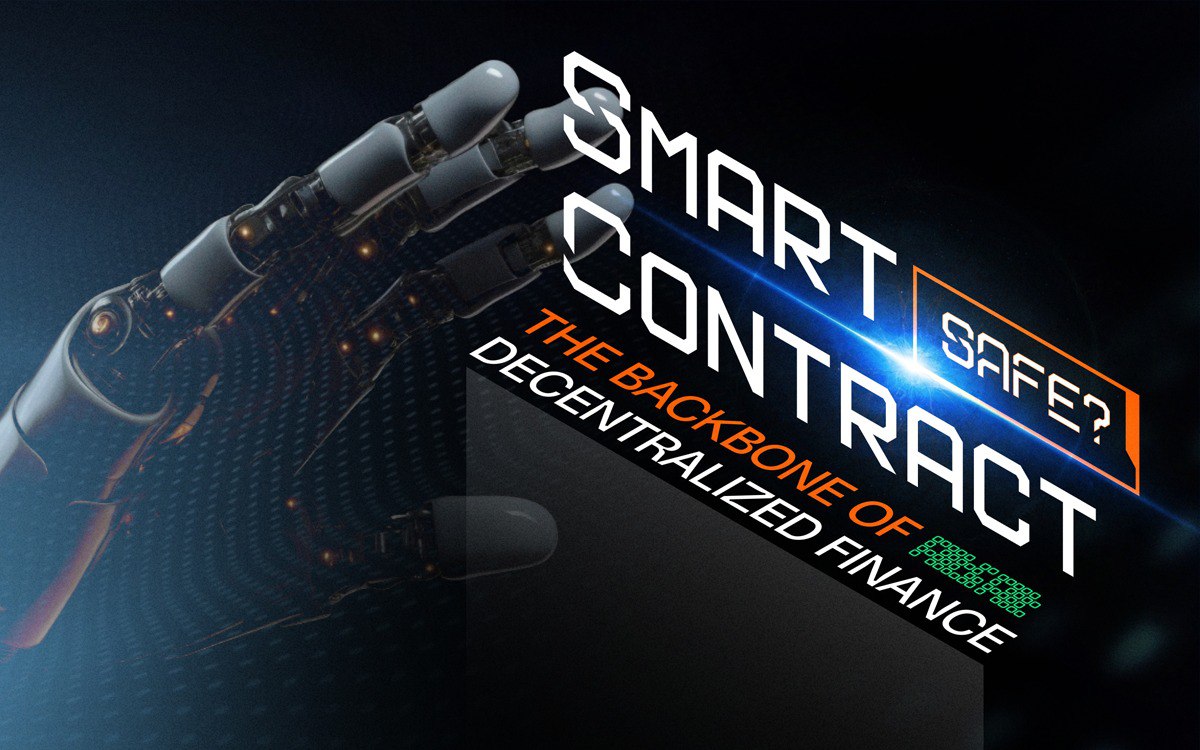Blockchain technology has revolutionized industries by enabling secure, transparent, and decentralized systems. At the heart of this transformation lies smart contracts in blockchain; self-executing agreements that automate processes with unparalleled efficiency and trust. This article explores why smart contracts in blockchain are foundational, diving into their functionality, benefits, real-world applications, and how they add value to individuals and businesses.
What Are Smart Contracts in Blockchain?
Smart contracts in blockchain are programmable agreements stored on a decentralized ledger, designed to automatically execute when predefined conditions are met. Unlike traditional contracts that rely on intermediaries like lawyers or banks, smart contracts operate independently, ensuring transparency, immutability, and trust.
Introduced by Nick Szabo in 1994 and popularized by Ethereum in 2015, smart contracts in blockchain are typically written in programming languages like Solidity. They are executed by the blockchain’s distributed nodes, making them reliable and tamper-resistant.
Why Smart Contracts in Blockchain Are Foundational
Smart contracts in blockchain are not just a feature—they are a fundamental component that drives decentralization and trust. Here’s why:
1. Automation and Efficiency
Smart contracts in blockchain eliminate manual processes by automating tasks. For example, in a supply chain, a smart contract can automatically release payment to a supplier once a shipment is verified. This reduces delays, minimizes errors, and lowers operational costs.
Value to Users: Businesses save time and resources, while individuals benefit from faster services like instant loan approvals or seamless digital purchases.
2. Trust and Transparency
Blockchain’s immutable nature ensures that smart contracts in blockchain cannot be altered once deployed. All parties can view the contract code and its execution history, fostering complete trust. In real estate, for instance, smart contracts ensure property ownership transfers only when conditions like payment are met.
Value to Users: Individuals gain confidence in transactions, especially in regions with weak legal frameworks.
3. Cost Reduction
By removing intermediaries such as banks, notaries, or escrow services, smart contracts in blockchain significantly lower transaction costs. Cross-border payments executed via smart contracts bypass high bank fees and conversion charges.
Value to Users: Both consumers and businesses save money and make financial services more accessible, particularly for unbanked communities.
4. Security
Smart contracts in blockchain leverage cryptographic algorithms for robust security. Once deployed, they execute as programmed, minimizing fraud. However, developers must ensure secure coding practices to prevent vulnerabilities like the DAO hack in 2016.
Value to Users: Users can transact confidently, whether it’s buying digital assets or crowdfunding, thanks to the integrity of blockchain systems.
5. Decentralization
Smart contracts in blockchain run on decentralized networks, ensuring no central authority can censor or manipulate them. This is particularly important in DeFi platforms where users lend, borrow, or trade assets without banks.
Value to Users: People gain control over their finances and agreements, especially in regions with limited financial infrastructure.
Real-World Applications of Smart Contracts in Blockchain
Smart contracts in blockchain are reshaping entire industries by streamlining operations, reducing fraud, and enhancing trust.
1. Decentralized Finance (DeFi)
Platforms like Uniswap and Aave use smart contracts in blockchain to enable peer-to-peer lending, borrowing, and trading. These eliminate intermediaries, allowing global financial participation.
Impact: Individuals can earn yield, access loans, or trade assets without traditional gatekeepers.
2. Supply Chain Management
Smart contracts in blockchain automate payment releases, track shipments, and verify product quality. Companies like IBM and Maersk have integrated blockchain to enhance transparency.
Impact: Businesses reduce fraud and inefficiencies, while consumers benefit from authenticated products.
3. Real Estate
Through platforms like Propy, smart contracts in blockchain manage title transfers, escrow, and payments, simplifying complex real estate processes.
Impact: Buyers and sellers enjoy faster transactions and reduced legal fees.
4. Insurance
Smart contracts enable parametric insurance where payouts are triggered automatically by conditions like weather or travel delays. Etherisc is a leader in this space.
Impact: Policyholders experience faster claims and insurers reduce administrative costs.
5. Gaming and NFTs
In blockchain-based games and NFT marketplaces like OpenSea, smart contracts in blockchain manage ownership and royalties.
Impact: Artists and gamers benefit from transparent, secure, and fair transactions.
Challenges and Limitations of Smart Contracts in Blockchain
Despite their advantages, smart contracts in blockchain face several challenges:
- Code Vulnerabilities: Bugs can lead to exploits. Example: The 2016 DAO hack.
- Scalability: Networks like Ethereum experience high gas fees and slow transactions. Layer-2 solutions like Polygon aim to solve this.
- Legal Recognition: Many jurisdictions don’t recognize smart contracts legally.
- Complexity: Writing smart contracts requires specialized knowledge, limiting accessibility.
Ongoing improvements, such as Ethereum upgrades and user-friendly platforms like Chainlink, are addressing these issues.
How Smart Contracts in Blockchain Add Value to Your Life
Smart contracts in blockchain aren’t just for developers—they offer tangible benefits for everyday users:
- Financial Freedom: Use DeFi platforms to earn interest or invest without banks.
- Time Savings: Automate tasks like subscriptions or bill payments.
- Transaction Transparency: Make high-value purchases with confidence.
- Global Market Access: Engage in borderless commerce.
- Empowerment: Control your assets and contracts without third-party interference.
For businesses, smart contracts in blockchain open new revenue streams and streamline backend operations.
The Future of Smart Contracts in Blockchain
Emerging trends will further enhance smart contracts in blockchain:
- Interoperability: Cross-chain platforms like Polkadot enable smart contracts to function across networks.
- AI Integration: Combine smart contracts with AI for adaptive agreements.
- Mainstream Adoption: Simpler tools and clearer regulations will drive usage.
- Sustainability: Eco-friendly blockchains like Solana and Cardano are improving energy efficiency.
Conclusion
Smart contracts in blockchain represent the foundation of the decentralized economy. By enabling automation, enhancing trust, and cutting costs, they offer revolutionary benefits to users and industries alike. From finance to real estate, and gaming to logistics, their applications are diverse and growing.
To harness their full potential, explore platforms like Ethereum, Solana, or Binance Smart Chain. Whether you’re a startup, investor, or consumer, smart contracts in blockchain can empower your digital future.
